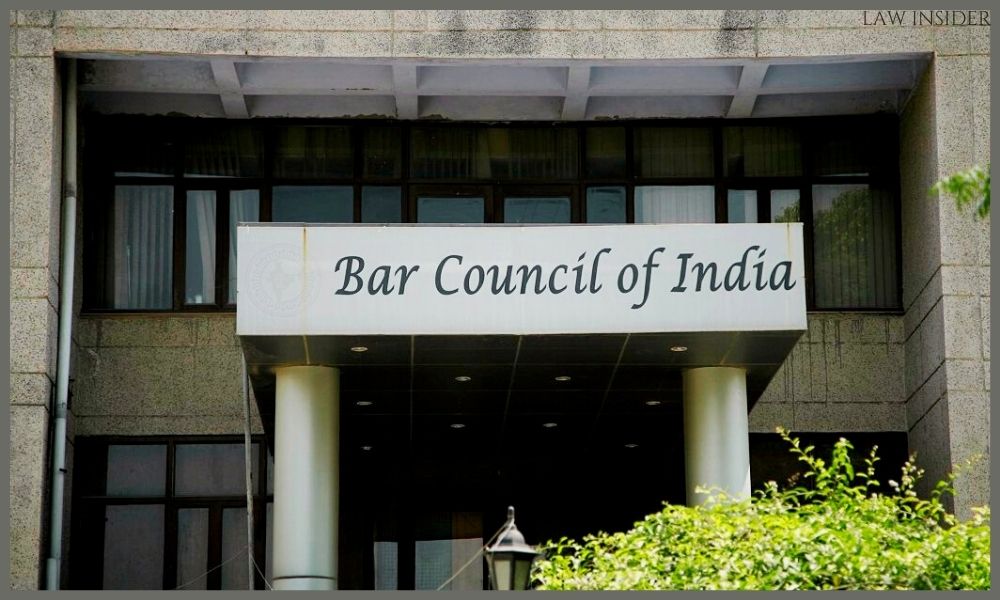LI Network
Published on: 21 July 2023 at 18:20 IST
The Delhi High Court recently emphasized the need for the Bar Council of India (BCI) to establish rules governing the conduct of litigants appearing in person. The court’s observation comes as an attempt to curb frivolous and abusive litigation and alleviate the burden on the judicial system [Naresh Sharma v. Union of India & Ors].
Justice Swarana Kanta Sharma pointed out that while lawyers are bound by a code of ethics, no such framework exists for self-represented litigants. This absence of ethical guidelines often leads to wastage of precious time and resources in dealing with meritless cases, hindering the efficient administration of justice.
The court stressed that self-represented litigants should take on the responsibility of critically assessing the merits of their claims and ensuring a reasonable legal basis supported by relevant facts and legal principles. Frivolous litigation not only diverts the court’s attention from genuine cases but also contributes to the growing backlog of pending cases, further burdening the justice delivery system.
In a detailed order, the bench highlighted that the judicial infrastructure should not be consumed by baseless cases at the expense of innocent litigants waiting for their legitimate cases to be heard and resolved.
The observations were made in response to a batch of petitions filed by Naresh Sharma, who claimed to be an alumnus of the Indian Institute of Technology (IIT). Sharma’s petitions alleged that the Indian government, in collusion with the Tata group of companies, has been involved in criminal activities impacting the entire economy and infringing upon his fundamental rights under Article 21 of the Constitution.
The court, however, deemed Sharma’s claims as inherently absurd and outside the scope of the relief it could grant. The petitioner’s request for a criminal record to be created against himself, as well as the language used in the petitions, were found to be embarrassing, scandalous, and devoid of any intelligible issue.
Consequently, the court dismissed the frivolous and vexatious petitions, considering them an abuse of the legal process.
Naresh Sharma, the petitioner, appeared in-person during the proceedings, while Central Government Standing Counsel (CGSC) Rakesh Kumar, along with Advocate Sunil, represented the Central government. Additional Standing Counsel (ASC) Sanjeev Bhandari, along with advocates Kunal Mittal and Saurabh Tanwar, represented the Delhi government.

